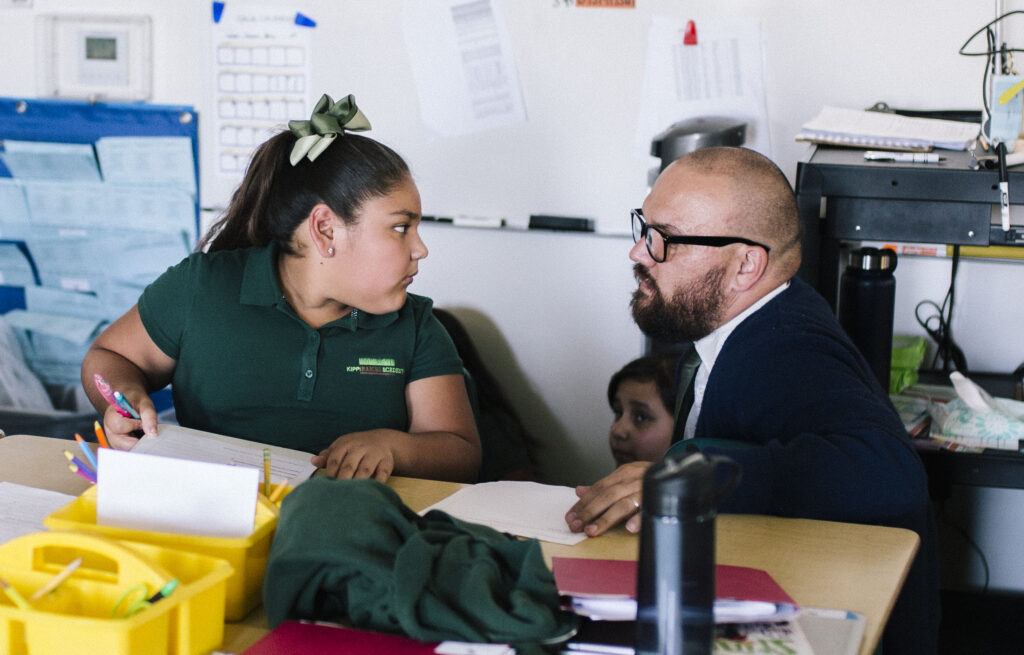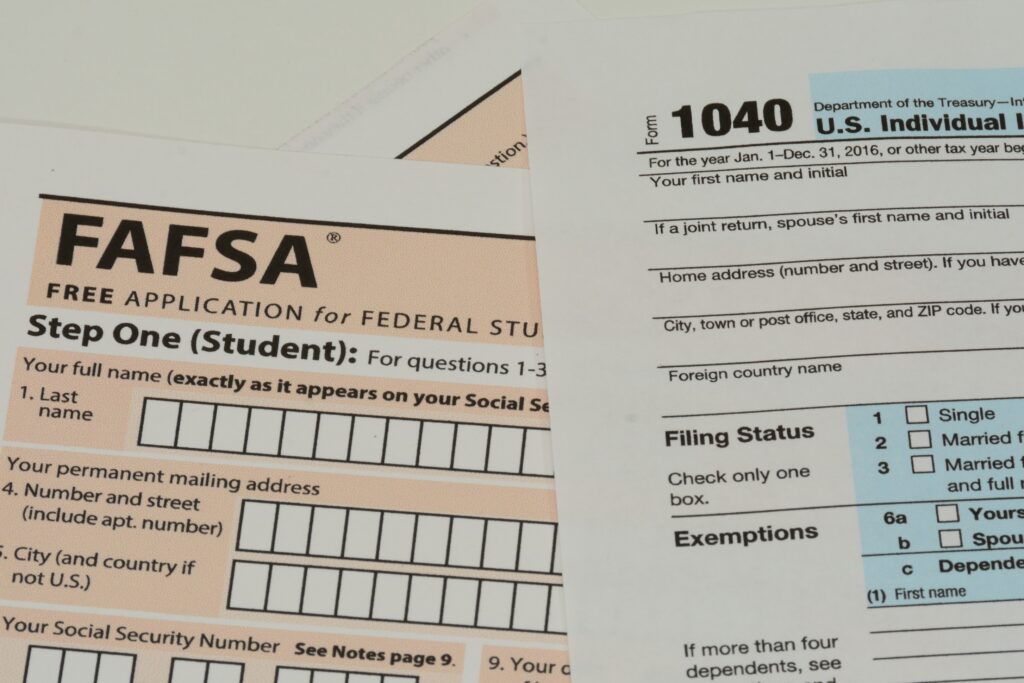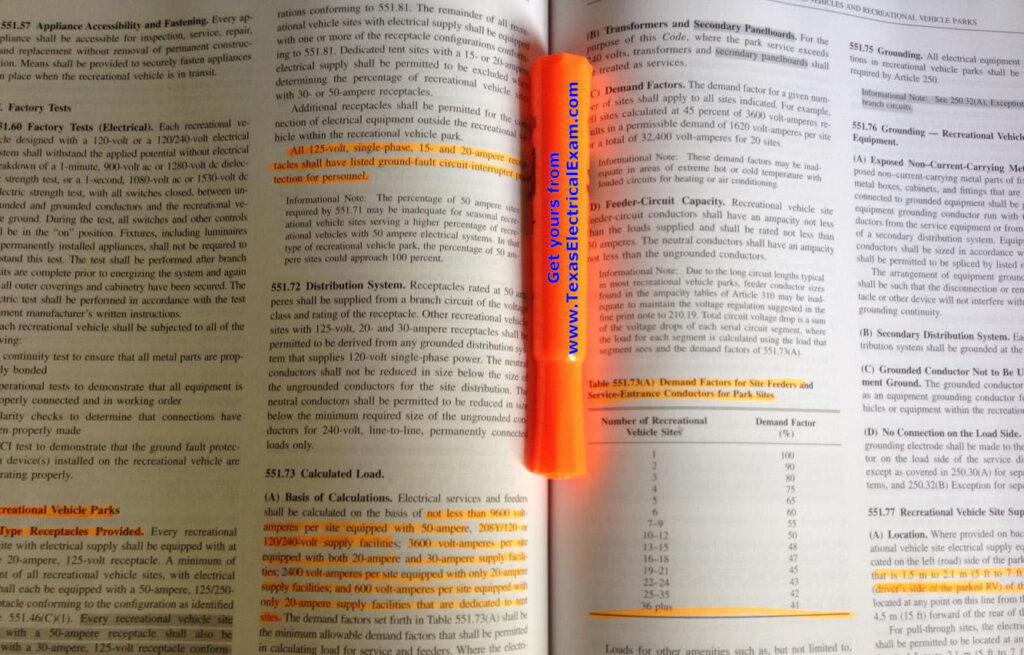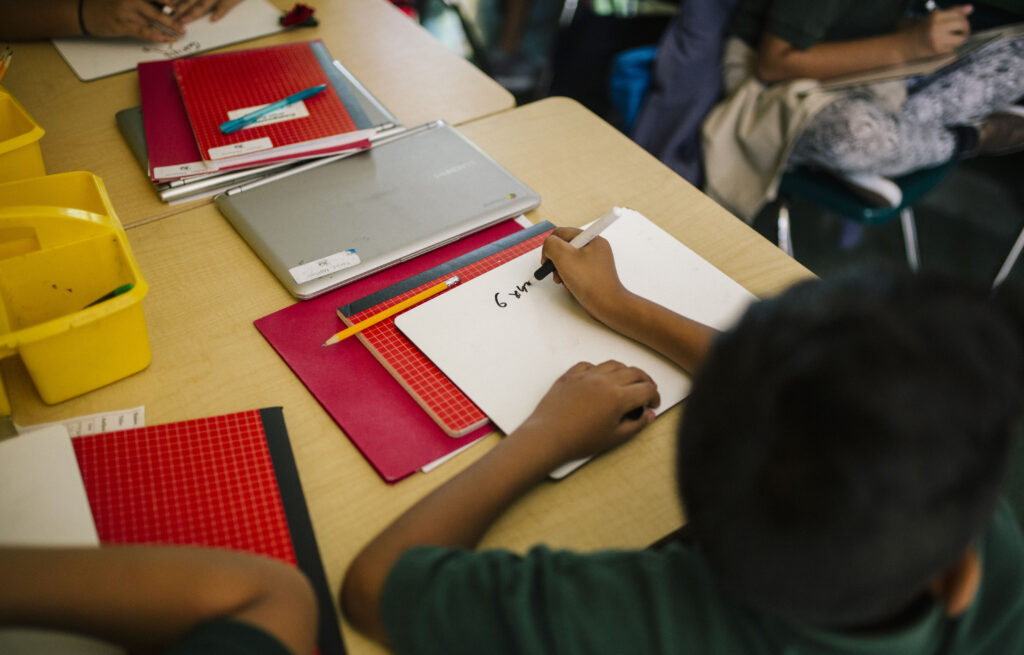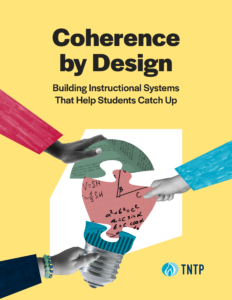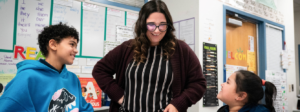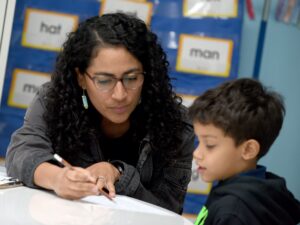For years, arguments for more rigorous academic standards have orbited around the need to make sure that all students are prepared for college and career in a competitive, global economy. Too often, those discussions gloss over the importance of core academic skills and the knowledge necessary to navigate the literacy challenges of everyday life. Long before students begin applying for college or training for workplace certifications, they need to begin making sense of complex texts through reading, writing, speaking and listening.
[subscribe]
Standard 10 of the Common Core State Standards asks K-12 ELA students to engage with a range of quality, complex texts at every grade level, with particular attention to grade-appropriate fiction and non-fiction. Yet the way teachers help students achieve Standard 10 is by attending to all the other standards, including the oft-neglected writing, speaking and listening standards.
That's because, among other things, being “complex” doesn't just mean a text is difficult; it means students may require prior knowledge or vocabulary to make sense of the text, that the sentences are winding and contain numerous clauses, that the organization of the document may not be straightforward, or that the meaning isn't readily apparent.
At the end of the school day and throughout life, reading is multi-faceted. Focusing on one skill—or even a few skills—won't help students develop the critical thinking and communications mastery they need to succeed.
In the slideshow below, we look at just a few instances where higher literacy standards can help students succeed—not just in school, but in life.
Mastering academic content is about more than getting into college or finding a good job—it's about having access to opportunities in a society where inequities haunt those without the knowledge, vocabulary and literacy skills to secure fair housing, health care, financing, employment and more. Learn more about Standard 10 and how to prepare students for success in life by making sure they study a range of high-quality, complex texts.

